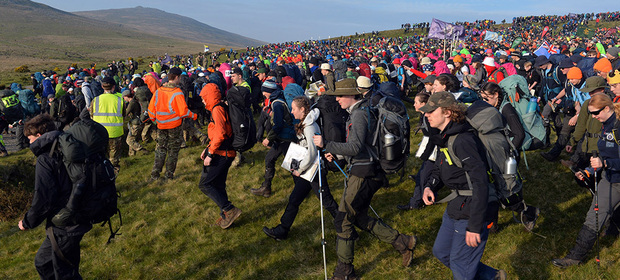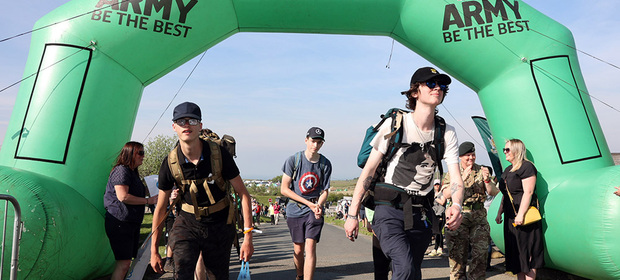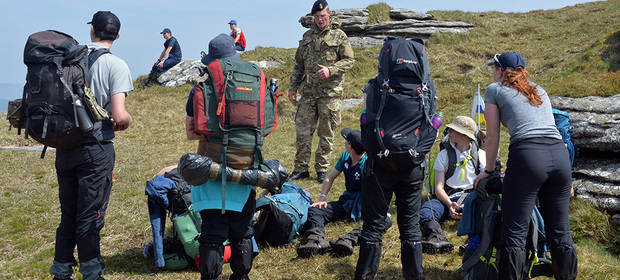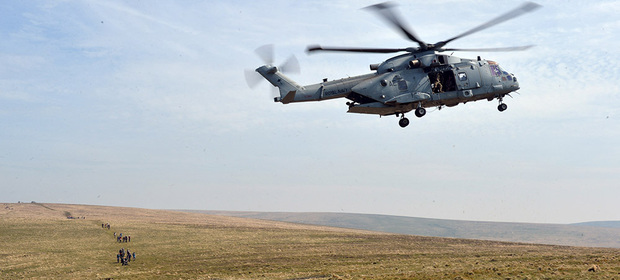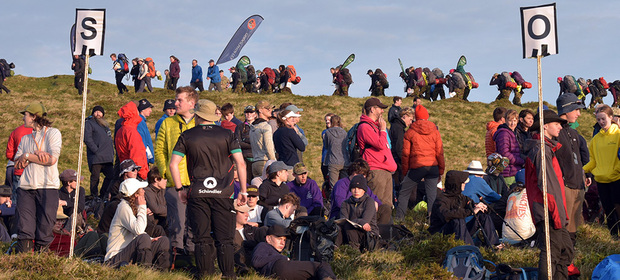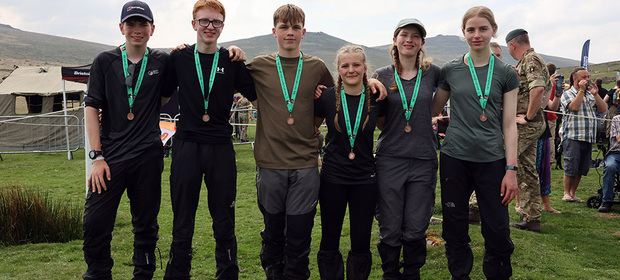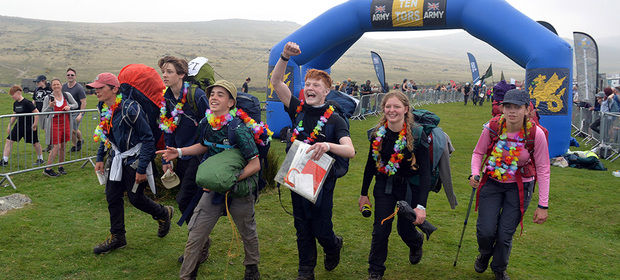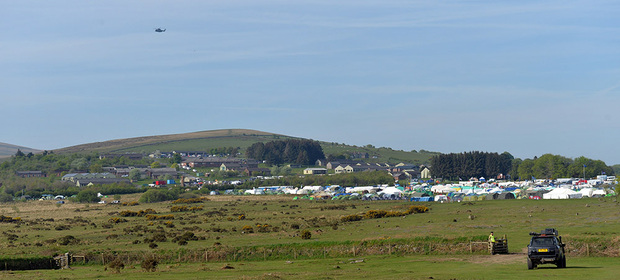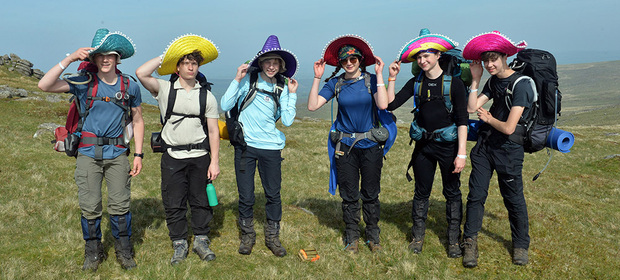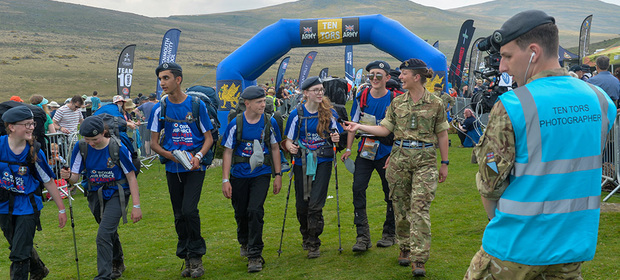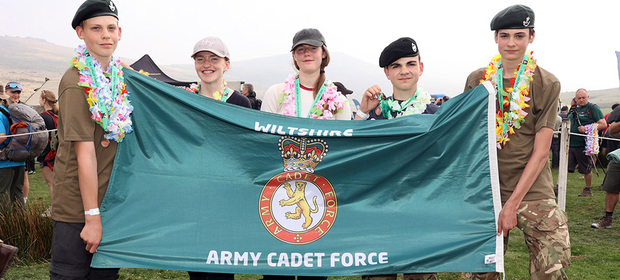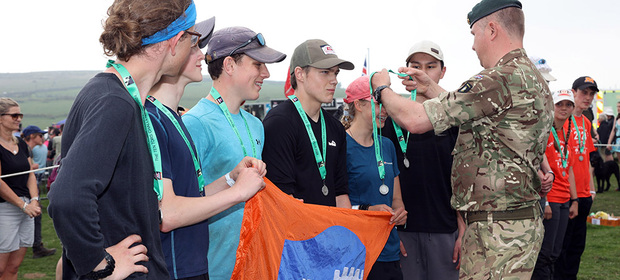Summary
There may be many challenging outdoor events in Britain today, but Ten Tors stands alone in its scale, its ambition and the fact that it is aimed solely at young people. The Event takes place every year on Dartmoor during the weekend following the May public holiday and is now firmly established in the collective consciousness of the South West. All those who attempt Ten Tors will undoubtedly remember it for the rest of their lives and for many it will be a life-changing experience.
Training for the Event is the responsibility of the participants’ Establishments and often starts months in advance. Completing Ten Tors is not easy with the terrain, distances and often the climate all conspiring against success. It is though achievable with the right commitment, training, endurance and grit: as the Event’s founder once said: “If there is anything more important than the will to succeed, it is that the will shall not falter.”
The Event starts and finishes at Okehampton Camp and is organised by the Army’s Headquarters South West with support from the Royal Navy and Royal Air Force as well as civilian emergency services and volunteers. It consists of two challenges, the Ten Tors Challenge and the Jubilee Challenge.
The Ten Tors Challenge
The Ten Tors Challenge is attempted by 2,400 teenagers in 400 teams of six. The teams navigate routes of 35, 45 or 55 miles (depending on age) over the Northern half of Dartmoor, visiting ten nominated tors / check points in under two days. Teams must be self-sufficient, carrying all that they need to complete their route and stay out overnight safely.
The Jubilee Challenge
The Jubilee Challenge is run closer to Okehampton Camp and is designed for young people aged between 14 and 21 with a range of challenging conditions who complete one of several routes suited to their abilities.
The Dartmoor Granite Challenge (Previously Jubilee Challenge Plus)
The Dartmoor Granite Challenge is aimed at young adults with SEND[1] (i.e. SEMH, ASD, SpLD, etc.) who are capable of an overnight stay, but may find the Ten Tors Challenge too inaccessible due to their respective SEND. It provides an appropriately arduous Challenge across difficult terrain and in very changeable weather over at least 18kms, including an overnight camp.
[1] Special Educational Needs and Disability (SEND), Social, Emotional and Mental Health (SEMH), Autism Spectrum Disorder (ASM), Specific Learning Difficulties (SpLD).

